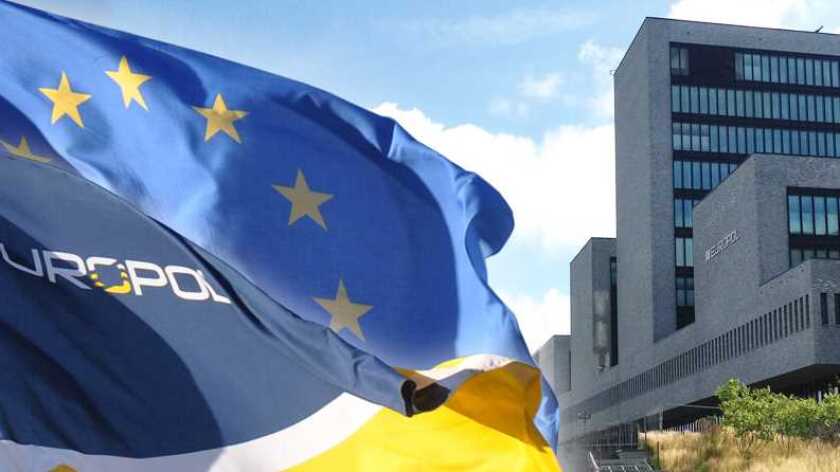On top of traditional means of fraud such as vishing – persuading people to divulge personal details – and Wangiri, getting people to call back to expensive numbers, international revenue sharing fraud (IRSF) has been “the most damaging” to date, says Europol.
“It involves transferring monetary value from one carrier to another, based on the inter-carrier trust between telecom operators. Patient fraudsters wait for the logs to expire before executing any further money laundering steps.”
The report examines fraudulent threats into the 5G and even the future 6G era.
Steven Wilson, head of the Europol’s European Cybercrime Centre (EC3), said: “Telecommunications fraud is another example of criminals ‘hacking the system’ in order to abuse legitimate enterprises for criminal gain.”
He added: “While this is not a new crime area, it does represent a new challenge for many law enforcement agencies throughout the European Union.”
Europol set up EC3 in 2018, to brings together more than 70 experts from law enforcement and the telecoms industry. The aim is to share intelligence, knowledge and experience, and the techniques required to combat this type of fraud.
Craig Gibson, principal threat defence architect at Trend Micro, said that telecommunicationshas become vulnerable: “We trust that our phones will work, that we can work from home, that we can be paid through our ATM accounts, and that we can shop online. We tend not to think about what is under the covers of the unseen global network we rely on so much.”
In his foreword to the report, Wilson writes: “Financially motivated cybercriminals will always find ways to exploit new and existing business processes and technologies. Telecommunications fraud is another example of criminals ‘hacking the system’ in order to abuse legitimate enterprises for criminal gain.
“While this is not a new crime area, it does represent a new challenge for many law enforcement agencies throughout the European Union, emphasizing the need for law enforcement and private industry to build close working relationships to improve our capabilities and increase our effectiveness in preventing, prosecuting, and disrupting cybercrime related to telecommunications fraud.”
The report can be downloaded from here (link to PDF).






